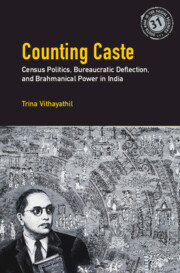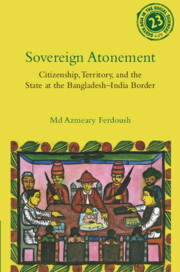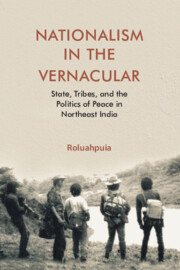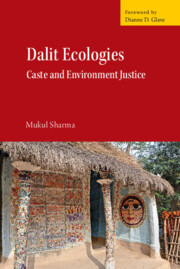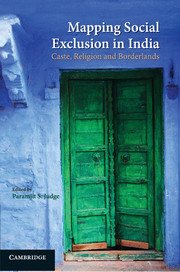Counting Caste
States periodically agree to social justice reforms in response to organized demands for change. Counting Caste examines how and why governments make such concessions but then fail to implement them. Vithayathil unlocks the secrets of bureaucratic deflection—a process whereby political leaders and bureaucrats stall policy changes—through an in-depth examination of a caste survey in India. Political leaders conceded to collect caste-wise data in Census 2011 for the first time in India's post-independence history. Yet, in the year that followed, bureaucrats blocked a caste count in the census and rerouted it to an inexperienced part of the government. This book uncovers the plan to gather caste-wise data in an alternative project with a history of producing poor-quality data. The case of the failed caste count highlights how state institutions evade the documentation of caste power, the continued institutionalization of castelessness—which frames caste as a problem of the oppressed and hides caste privilege and power—and ongoing efforts at resisting caste hierarchy and Hindutva domination.
- Situates the findings from extensive fieldwork within a rich body of historical writings by anti-caste scholars
- Draws upon observational and interview data of a nationwide survey of caste to inform the books' conclusions
Product details
June 2025Hardback
9781009414111
296 pages
229 × 152 × 21 mm
0.541kg
Available
Table of Contents
- List of Abbreviations
- List of Figures
- Preface and acknowledgements
- 1. Introduction: The Political Maneuvers of Caste Denial
- 2. The Institutional Life of Caste
- 3. The Politics of the Count
- 4. Survey Making in an Era of Castelessness
- 5. The Household Interview
- 6. Disappeared Data: The Life and Death of Caste Data
- 7. Conclusion: Commensuration in Brahmanical Institutions
- Appendices
- References
- Index.

